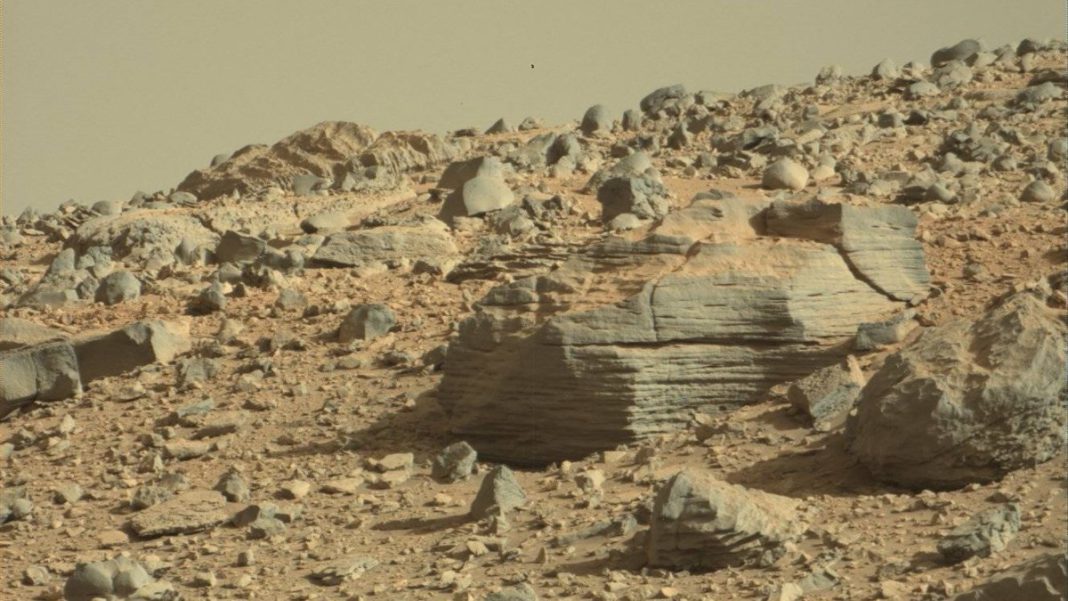UNITED STATES: In a groundbreaking development, scientists have revealed that an AI-powered robot chemist, utilizing meteorites from Mars, has successfully synthesized compounds with the potential to generate oxygen from water.
This announcement, made on Monday (Nov. 13), marks a significant stride towards making future crewed missions to Mars more sustainable and cost-effective. oxygen is a vital resource for both life support for astronauts and as rocket propellant, making it a crucial element for prospective Mars missions.
The key to achieving this is leveraging resources already available on the Red Planet, and researchers are turning to Mars’s significant reserves of frozen water ice for this purpose. The study focused on using an AI chemist to experiment with water-splitting catalysts, essential for extracting oxygen from Martian water reserves.
Employing a robot arm, the AI chemist collected samples from five categories of Martian meteorites, utilizing a laser to scan the ore and identify over 3.7 million molecules from six different metallic elements found in the rocks.
Remarkably, within six weeks and without human intervention, the AI chemist synthesized and tested 243 different molecules. The most promising catalyst discovered by the robot could efficiently split water at the frigid temperature of minus 34.6 degrees F (minus 37 degrees C), akin to the conditions on Mars.
Co-senior author of the study, Jun Jiang from the University of Science and Technology of China, expressed his excitement, stating, “When I was a boy, I dreamed of interstellar exploration… I even started to imagine that I, myself, would live on Mars in the future.” While the findings underscore the potential of AI in scientific endeavours, Jiang emphasized the need for human guidance.
The researchers now aim to explore whether the AI chemist can operate under Martian conditions beyond temperature differences, considering factors such as atmospheric composition, air density, humidity, and gravity. The discovery opens new doors for the feasibility of human colonization on Mars, bringing us one step closer to realizing the dream of interplanetary exploration.
Also Read: NASA’s LRO Unravels Lunar Mystery: Swirls on Moon Linked to Topography Changes



